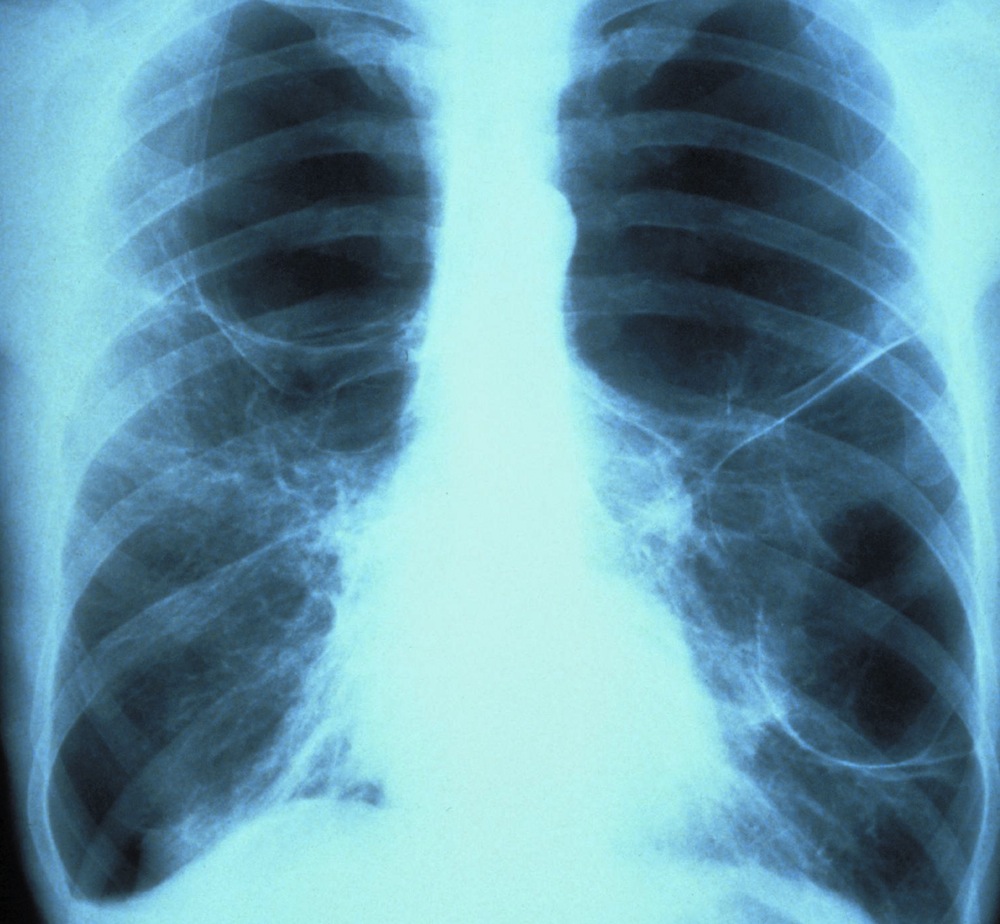Lung Cancer Cases On the Rise in Non-Smokers, Study Suggests

Lung cancer rates are increasing among women and people who have never smoked, a new study finds.
Researchers from the French College of General Hospital Respiratory Physicians studied 7,610 lung cancer patients and 7,610 new cases of lung cancer in France in 2010.
The study found non-smokers made up 11.9 percent of the lung cancer cases, up from 7.9 percent in 2000. And the percentage of female lung cancer patients jumped from 16 percent to 24.4 percent over the decade.
Among women with a history of smoking, lung cancer rates barely changed over those 10 years, hovering around 65 percent. Meanwhile, this figure decreased in men, while the rate of male lung cancer patients who had never smoked increased, the researchers said.
Moreover, the study found changes in the severity of the cancer at the time of diagnosis.
"Not only has there been an increase in the number of women and non-smokers contracting the disease, but there has also been an increase in the number of cases diagnosed in stage 4 of the illness," lead researcher Dr. Chrystèle Locher said in a statement.
This change — 58 percent with stage 4 in 2010 compared with 43 percent in 2000 — might reflect new classifications of different stages of the disease, the researchers said. They also found big changes in the type of cancer being diagnosed. The rate of people developing adenocarcinoma, a form of non-small cell lung cancer, jumped from 35.8 percent to 53.5 percent over the decade.
Sign up for the Live Science daily newsletter now
Get the world’s most fascinating discoveries delivered straight to your inbox.
Locher said more research is needed to understand what causes lung cancer in non-smokers, but she pointed to exhaust fumes from diesel engines as one possible factor. (The World Health Organization, WHO, recently classified diesel fumes as carcinogenic.)
Past research, presented in 2010 at a conference held by the American Association for Cancer Research, showed that lung cancer is different in non-smokers than in smokers, with non-smoker lung cancer tumors showing more than twice as many DNA changes as tumors in smokers.
To combat rising cancer rates among women, Locher said public awareness campaigns might help. "Anti-smoking campaigns must also target women more specifically, as we can see little change in lung cancer rates caused by smoking in women," the researcher said.
The results of the study were presented Tuesday (Sept. 4) at the European Respiratory Society's Annual Congress in Vienna. The research has yet to be published in a peer-reviewed scientific journal.
Follow LiveScience on Twitter @livescience. We're also on Facebook & Google+.










